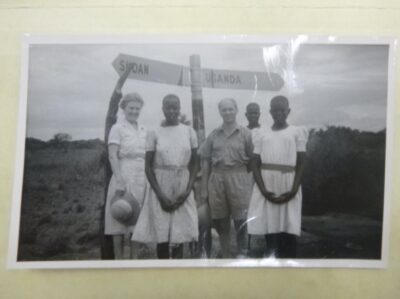Spotlight on Research: Professor Jody Mason has recently published in Research in African Literatures
Professor Jody Mason has just published “The Margaret Wrong Memorial Fund, Late Colonial Development, and the Prizing of African Literatures, 1950-62” in Research in African Literatures. The essay argues that the history of the Margaret Wrong Memorial Fund (MWMF) and its literary prize (1950–62) renders visible the influence of late colonial development policy on the emergent field of African literature in English. While the positioning of language in the field was bound up in the metropolitan conferral of literary legitimacy on European languages (and, conversely, in African struggles to confer the same legitimacy on African vernaculars), the positioning of language in the surrounding field of power formed the site of a different kind of struggle regarding late colonial development in British Africa. Those members of the MWMF administrative committee who advocated after 1949 and through the 1950s for the inclusion of African vernaculars were appealing to the early twentieth-century ideology of Phelps-Stokeism, a theory of differentiated education for Africans that was based on a Social Darwinist assumption of racial inferiority.
More generally, the essay argues that the influence of late colonial development on the emergence of the postcolonial field of cultural production matters: the history of this field must be tracked via the metropolitan (British) welfare state and the emergent postwar development paradigm, both of which shaped debates about language, for instance, that have long been attributed to the influence of metropolitan publishers and the African nationalisms of figures such as Ngũgĩ wa Thiong’o, among other forces.
